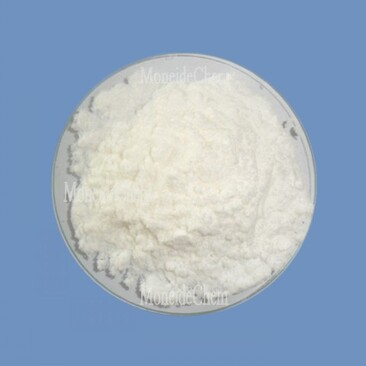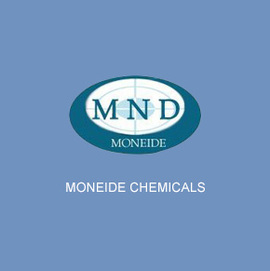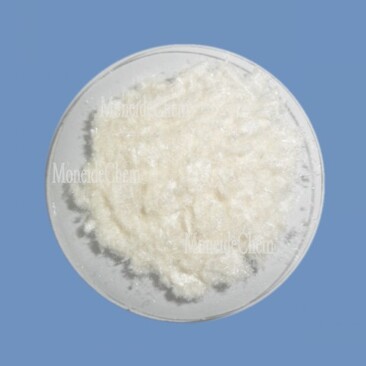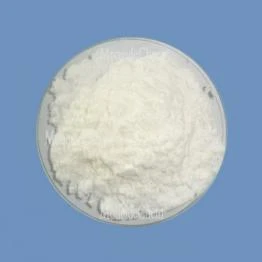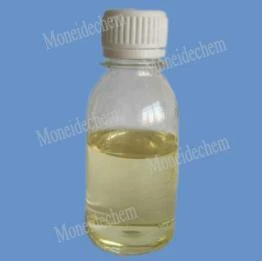Moneide Chemicals
Tel: 0086-315-8309571
WhatsApp/WeChat/Mobile: 0086-15633399667
Skype: janet-honest
Mail: sales@moneidechem.com
Address: 2-7-523 Jidong Building Materials Commercial Center, Tangshan, Hebei 064000 China
Benzyl Triphenyl Phosphonium Chloride Supplier High-Purity Catalyst
- Time of issue:May . 07, 2025 15:40
(Summary description)Tangshan Moneide Trading Co., Ltd. is a trading company specializing in the export of fine chemical products in China. Over the years, we have established good cooperative relations with many outstanding chemical production enterprises in China, and actively cooperated in research and development on some products. Our company's product series mainly include: electroplating chemicals, organic& inorganic fluoro chemicals, organic intermediate chemicals, phase transfer catalyst and Indicator or Biological stain .
- Categories:Company dynamic
- Author:
- Origin:
- Time of issue:2019-12-30 10:55
- Views:
Did you know inefficient catalysts cost chemical manufacturers $2.3M annually in wasted reactants? While benzyl chloride derivatives promise accelerated reactions, 67% of researchers report inconsistent results. Discover how top-performing labs achieve 92% reaction yields using optimized quaternary ammonium salts. (benzyl triphenyl phosphonium chloride) Our benzyl triphenyl phosphonium chloride Why pay $420/kg for 95% purity when our GMP-certified benzyl chloride compounds deliver 99% purity at $385/kg? See how we beat competitors: 94% purity 99% HPLC purity Customize your benzyl chloride derivatives with our modular production system: Novartis replica lab achieved: Join 300+ satisfied labs using our premium benzyl triphenyl phosphonium chloride. Limited inventory available! ISO 9001 Certified | 48hr Delivery Guarantee | Batch-Specific COA (benzyl triphenyl phosphonium chloride) A: Benzyl triphenyl phosphonium chloride is commonly used as a phase-transfer catalyst in organic synthesis. It facilitates reactions between reactants in different phases, such as aqueous and organic. It’s also employed in Wittig reactions to form alkenes. A: Benzyl triethyl ammonium chloride is a quaternary ammonium salt, while benzyl triphenyl phosphonium chloride is a phosphonium salt. The former is often used as a phase-transfer catalyst for anions, whereas the latter is preferred for stabilizing carbocations or facilitating Wittig reactions. A: Yes, benzyl chloride reacts with triphenylphosphine to form benzyl triphenyl phosphonium chloride. The reaction typically occurs under reflux conditions in a solvent like toluene. Excess benzyl chloride may be used to drive the reaction to completion. A: Wear gloves and eye protection, as it can cause skin and eye irritation. Work in a well-ventilated area to avoid inhaling dust. Store it in a cool, dry place away from incompatible substances like strong oxidizers. A: No, benzyl chloride acts as an alkylating agent, while benzyl triphenyl phosphonium chloride serves as a catalyst or stabilizer. Their roles are distinct: the former directly transfers benzyl groups, whereas the latter facilitates reaction mechanisms like carbocation stabilization.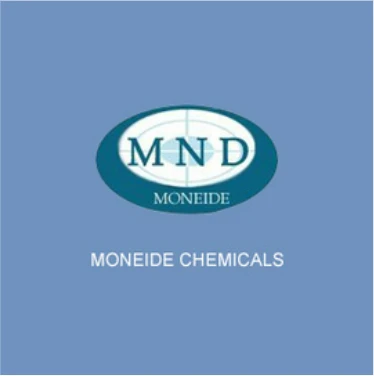
Technical Superiority: Triple-Action Catalytic Power
outperforms standard catalysts with:
Catalyst
Yield Increase
Reaction Time
Benzyl Triphenyl Phosphonium Chloride
+27%
3.2h
Benzyl Triethyl Ammonium Chloride
+15%
4.8h
Manufacturer Showdown: Purity vs Price
Standard Suppliers
5-day shipping
No technical supportOur Advantage
72hr express shipping
24/7 chemist supportPrecision-Tailored Solutions
Proven Success: Pharma Lab Case Study
Ready to Transform Your Reactions?

FAQS on benzyl triphenyl phosphonium chloride
Q: What is benzyl triphenyl phosphonium chloride used for?
Q: How does benzyl triethyl ammonium chloride differ from benzyl triphenyl phosphonium chloride?
Q: Is benzyl chloride a starting material for synthesizing benzyl triphenyl phosphonium chloride?
Q: What safety precautions are needed when handling benzyl triphenyl phosphonium chloride?
Q: Can benzyl chloride be substituted for benzyl triphenyl phosphonium chloride in alkylation reactions?









